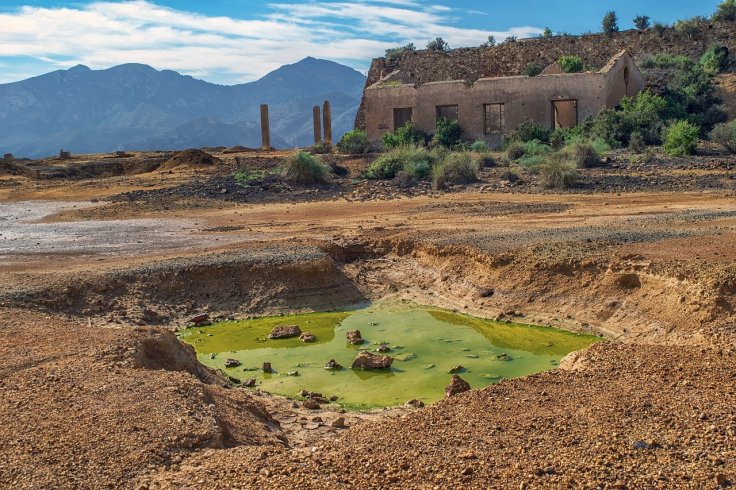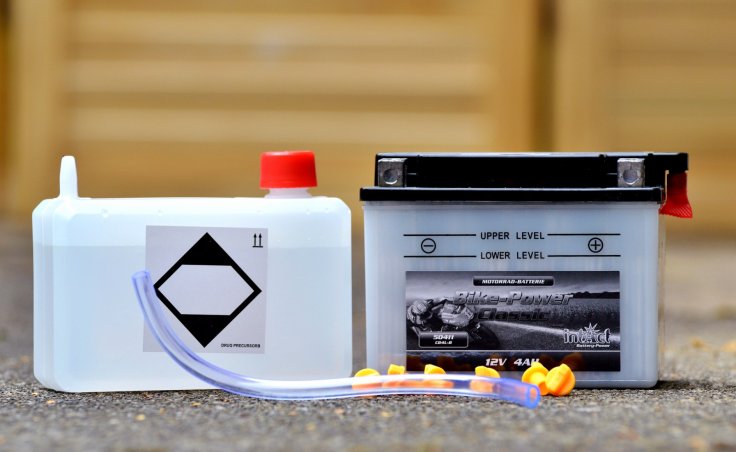India has announced the finding of a huge reserve of the much sought after mineral lithium in the northern Jammu and Kashmir region. The discovery puts India among the small number of nations that have significant reserves of lithium, which is a critical component of electric batteries.
"Geological Survey of India for the first time established Lithium inferred resources (G3) of 5.9 million tonnes in the Salal-Haimana area of the Reasi district of Jammu and Kashmir," India's Ministry of Mines said.

Acute Supply Crunch Expected
The discovery comes at a time when the world is facing an acute crunch in the supplies of lithium even as the demand for electric cars is booming across the world. According to a report by the International Energy Agency, the world is likely to face lithium shortages by as early as 2025.
European Commission President Ursula von der Leyen stated earlier that lithium's limited supply and huge demand mean that this commodity could 'soon be more important than oil and gas'.
The Growth of Global EV Battery Market
The discovery of lithium reserves is of great significance for India as the global battery technology market size is set for a huge increase in the coming years. This market is currently pegged at $95.7 billion but is expected to grow to $136.6 billion by 2027.
According to S&P Global Mobility, the demand for Li-ion batteries will grow at a compound annual growth rate of about 40 percent between 2021 and 2027.
Where Lithium Reserves are Found
Lithium reserves are found only in a handful of countries with most of the supplies limited to South American countries. More than 50 percent of the world's lithium deposits are concentrated in countries like Chile, Argentina and Bolivia. Chile alone accounts for as much as 8 million tonnes of lithium reserves.

While Argentina has about 2 million tons of reserves and China has 1 million tons, Australia has around 2.7 million tonnes of lithium resources. In Europe, Portugal has a small amount of lithium reserve.
Meanwhile, China currently has the edge in the processing of raw lithium into batteries. It controls more than 60 percent of this market. Japan and South Korea have a smaller share, while the share of the US in electric battery manufacturing is estimated to be about 6 percent.

India's Transition Goals
India is currently spending top dollar on the country's transition from conventional fossil fuel power trains to electric vehicles. For a country of India's population size, this transition will not be easy without making significant headway in the manufacture of electric batteries. The country is currently an insignificant player in this sector, but that could change if India is able to extract lithium locally.








